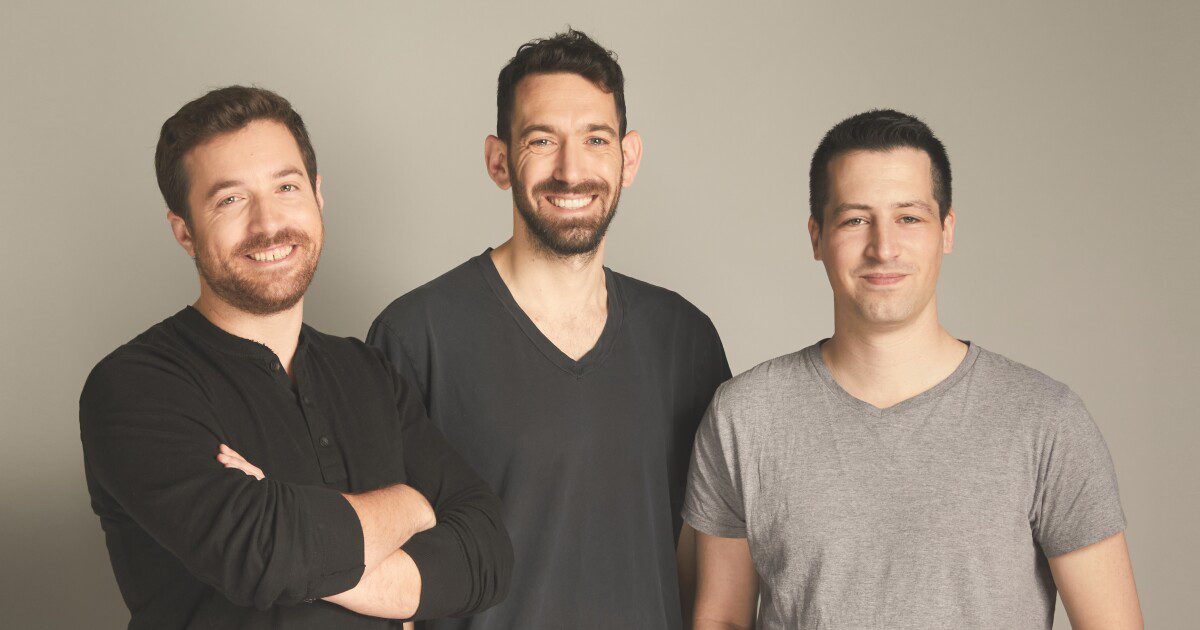Meet the insurtech: Notch

You might think of Instagram as only a social media site. It’s big business, however, with about 500,000 influencers on the site, earning money for posts depending on how many followers they have.
Even micro influencers, defined as having between 6,000 to 10,000 followers, can make about $100 per post. With an average of one post per day, that can add up. Influencers with more than 100,000 followers can earn about $500 per post, and the earnings go up from there. So having an Instagram account hacked, taken over or otherwise disrupted can mean real losses, especially for an influencer who is making their entire income from that role.
Notch, an insurtech startup launched in June and founded in May 2021, is now live in 15 U.S. states, with plans to cover the entire country by the end of 2022. The insurtech is structured as a MGA, partnered with carrier Hartford Steam Boiler, and can underwrite coverage and handle claims, according to CEO Rafael Broshi.
Instagram influencers covered by Notch can recoup up to three months of lost income in the event of a disruption to their accounts. Notch also offers crisis management for disruptions and preventative measures. Its services start at $8 per month.
“We’re giving a full suite of services that encompasses the insurance piece, where you have the insurance and you have the crisis management aspect of retrieving the account,” says Broshi. “Although we cannot guarantee we’re going to be successful, that’s all we do.”
Notch’s prevention efforts include real-time alerts and monitoring of security threats, along with sweeps of the dark web. Notch also educates users on how to avoid social engineering efforts compromising their accounts.
For now, Notch offers coverage only for Instagram accounts, but Broshi says the company does plan to extend its services to cover Facebook, YouTube, Twitch and TikTok accounts.
To build the engine that powers Notch, co-founders Broshi, Yuval Peled, chief technology officer, and Elool Jacoby, chief product officer, began by calculating the frequency and severity of Instagram account breaches for an actuarial model.
“We sampled over 300,000 accounts for over a year, collected data on them twice a week,” he said. “Then we built an algorithm that will detect whether an account is hacked or not hacked, according to things changing in the account.”
Testing the algorithm, Notch ran it on many patterns that could show a potential hack, testing 330,000 accounts every three or four days. This allowed Notch to set thresholds that required manual checks of accounts and pared out “statistically insignificant” accounts to tag about 4,000 accounts per week. Evaluating security of social media accounts as opposed to the computer systems of an entire company made building this technology more manageable, according to Broshi.
Being able to detect hacked accounts in this manner sets the stage for building real-time monitoring alerts that are part of Notch’s services. The product is “quasi-parametric,” Broshi says, because claims are triggered by a specific event but it has a policy administration system handling underwriting, finding volumes of potential events and then adjudicating the circumstances of those events. Notch can also restore some compromised accounts automatically.
Notch can also address enterprise needs along with single users like influencers. “Every new business relies on some sort of digital asset as either the growth engine or lead generator,” he says. “It doesn’t matter if you’re an online content creator where you use your social media account as your sole source of revenue, or if you own a clothing store, we all get our customers the same way and we all gain exposure the same way. It’s not by having the biggest billboard on the street. It’s by gaining exposure to new customers through social media. Without that, no one would know you exist, even if your store remains intact.”



